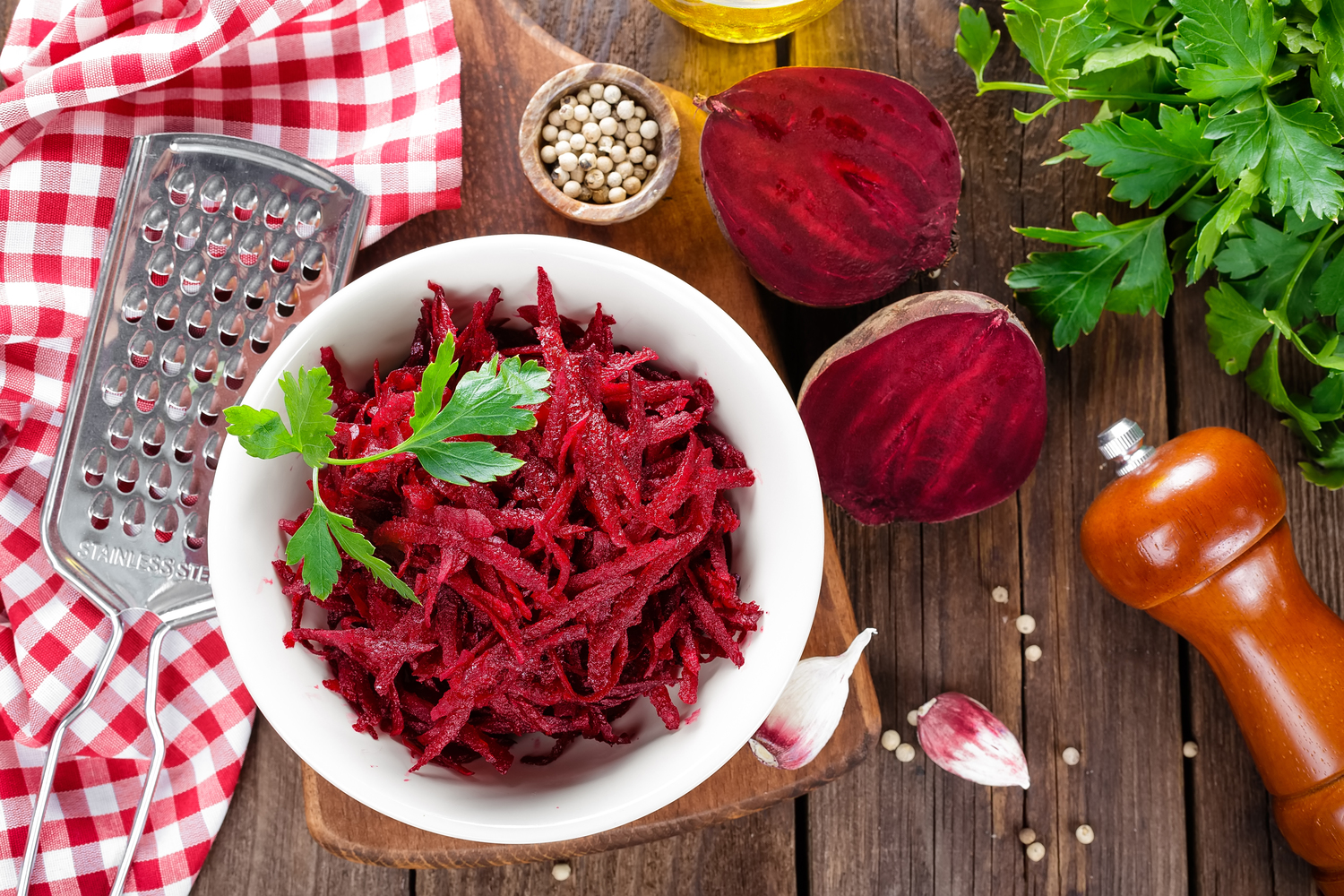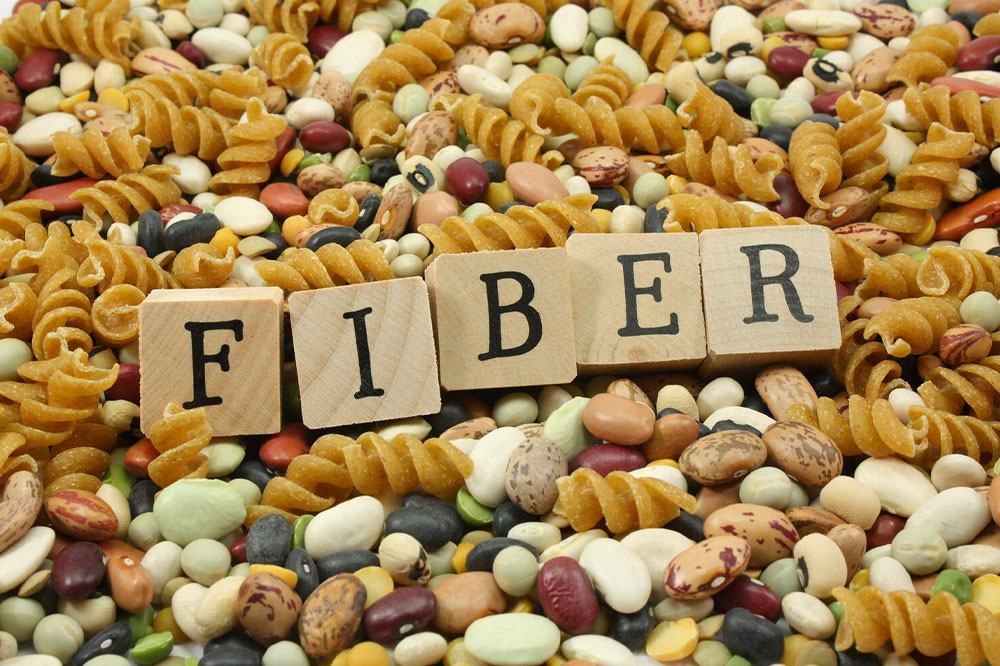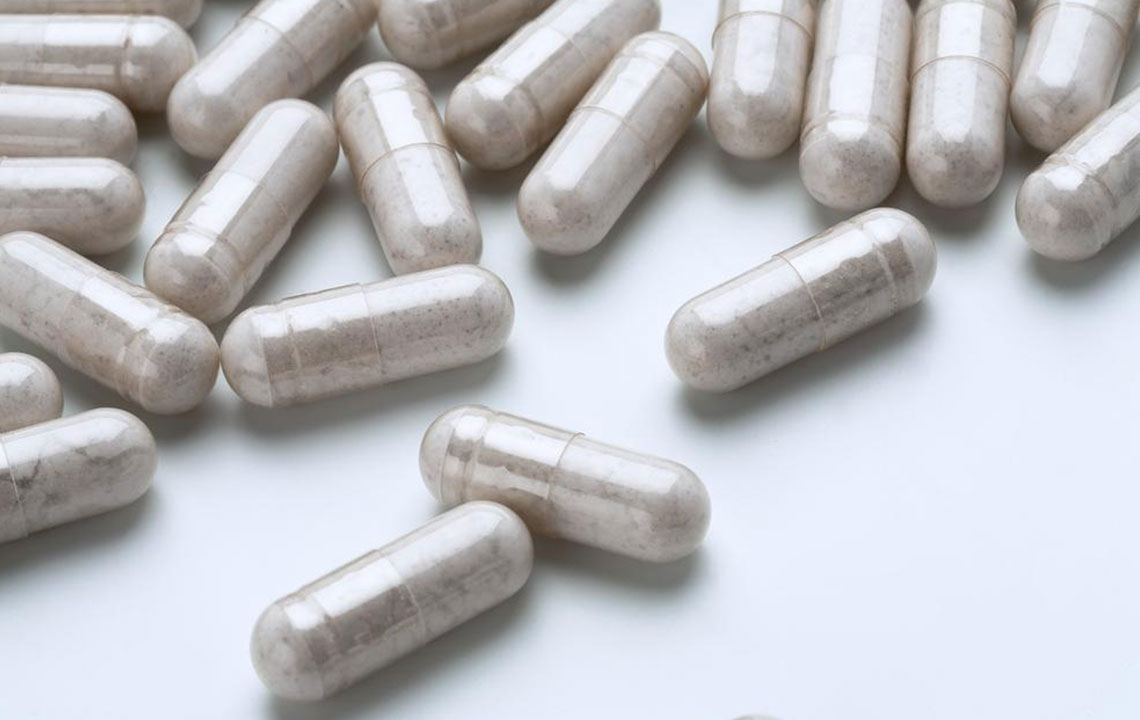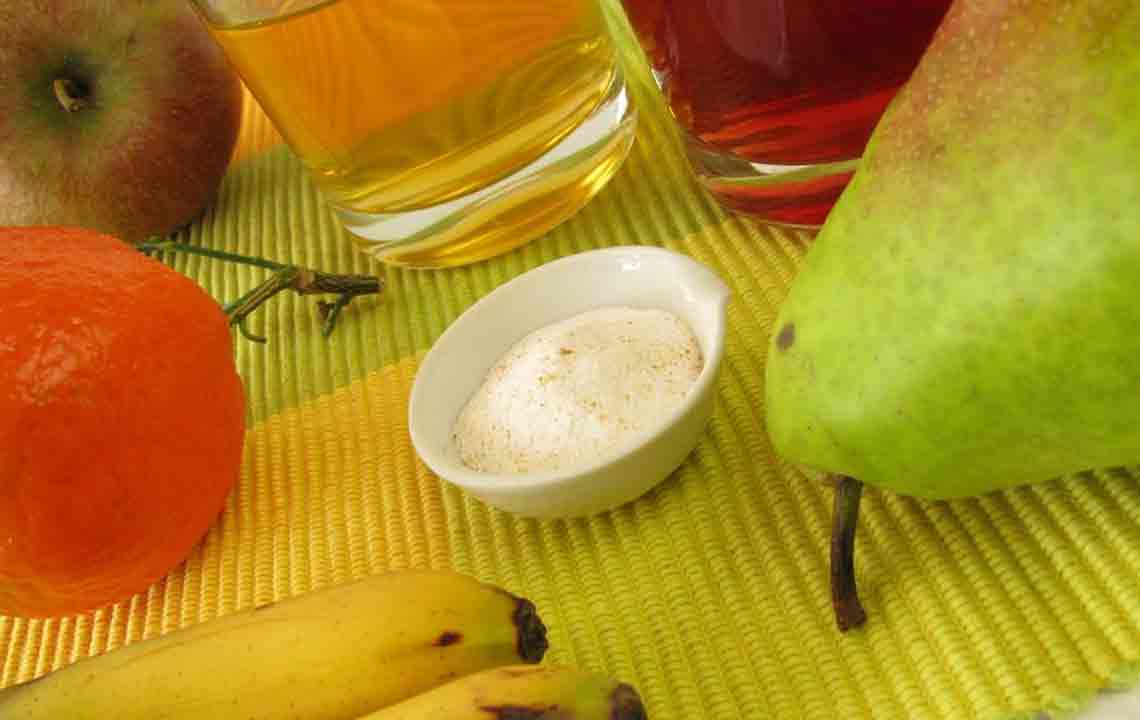Essential Nutrition Tips for Melanoma Patients to Support Gut Health
Enhance melanoma treatment outcomes by focusing on gut health with a high-fiber diet. Incorporate fruits, vegetables, whole grains, and legumes to promote immune support and therapy effectiveness. Maintaining a balanced diet is vital during and after treatment, helping improve recovery and overall health. Consulting a dietitian can optimize nutritional strategies for better results.
Sponsored

Nutrition Strategies to Boost Gut Wellness in Melanoma Care
Melanoma, a prevalent form of skin cancer, requires varied treatments depending on its stage. These include surgery, immunotherapy, targeted drugs, radiation, and chemotherapy. While medical interventions are crucial, maintaining a balanced diet can significantly enhance treatment outcomes. A diet rich in fiber promotes healthy gut bacteria, which in turn supports immune response and therapy effectiveness. Notably, high-fiber foods can improve the body's ability to respond to certain treatments, making dietary choices an important aspect of melanoma management.
Encouraging gut microbial diversity is key. While probiotics are popular, they may sometimes reduce microbial diversity. Patients are advised to monitor their daily food intake and opt for foods that naturally boost gut health. Incorporating various fruits, vegetables, legumes, and nuts can provide essential fiber and nutrients that aid recovery and treatment response.
Start your day with fiber-rich fruits like berries—blueberries, strawberries, raspberries, and blackberries. Adding these to breakfast enhances gut health effortlessly.
Choose whole, unprocessed foods over packaged options. Carry fresh fruits and vegetables for healthy snacking, like fruit salads or raw veggie sticks.
Swap high-sugar desserts with fiber-packed options such as bananas, strawberries, sweet potatoes, or raspberries.
Eat whole fruits, including peels after washing thoroughly, to maximize fiber intake. Whole fruits contain more fiber than juices.
Replace fruit juices with vegetable-based smoothies or soups. Broccoli soups or bottle gourd juice are excellent choices for added fiber.
Include legumes like lentils, kidney beans, and peas regularly in your meals to support treatment and boost immune function.
Add a moderate amount of nuts—almonds, walnuts, pistachios, pumpkin seeds, and sunflower seeds—to your diet for essential nutrients.
Opt for whole grains such as brown rice, barley, and whole-wheat bread instead of refined grains to enhance fiber intake.
While medical treatments are vital, supporting gut health through diet can improve melanoma treatment efficacy. Patients responding better to therapy often follow high-fiber diets. Prioritize dietary choices during and after treatment, and consider consulting a dietitian for personalized guidance to optimize your recovery and health outcomes.






